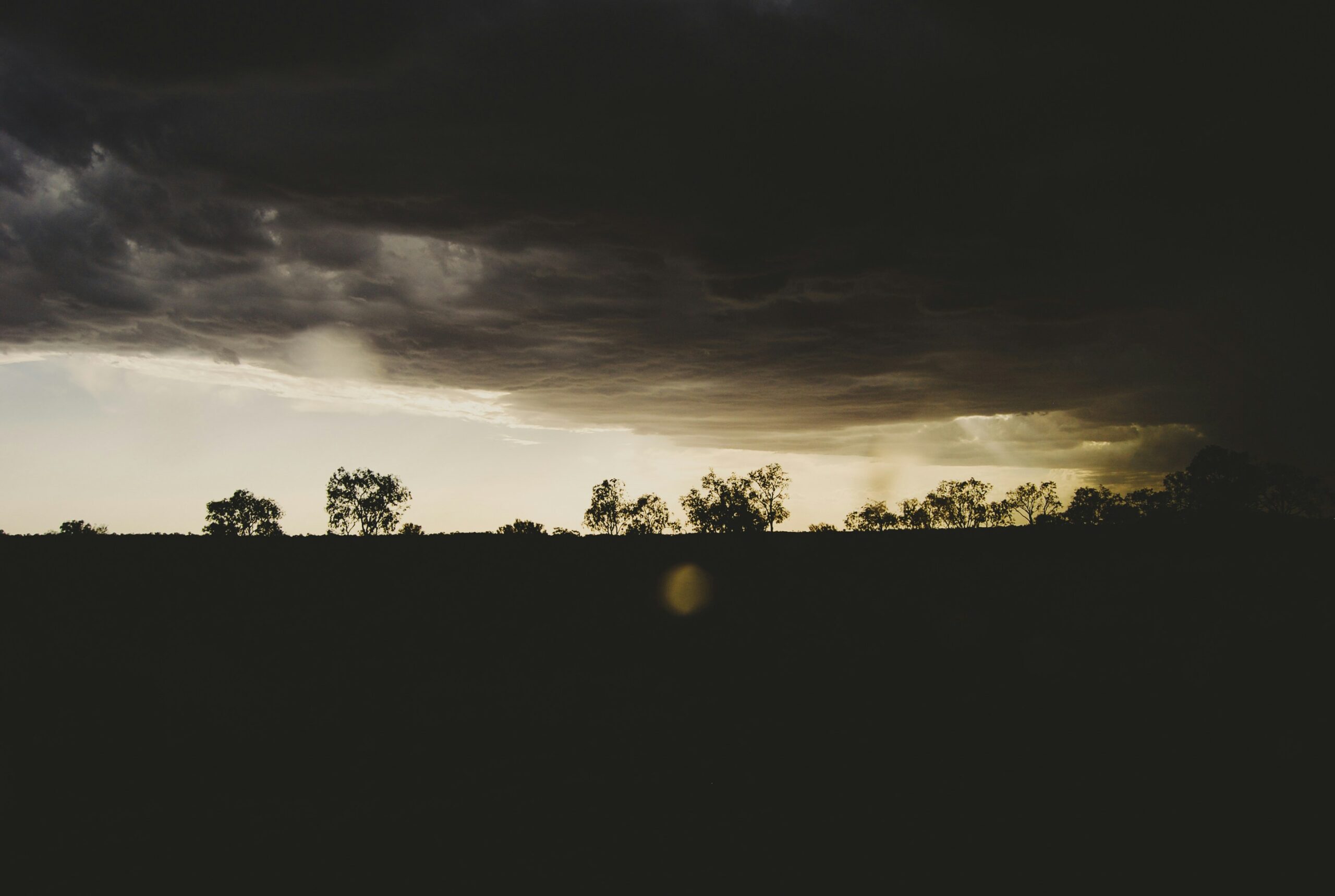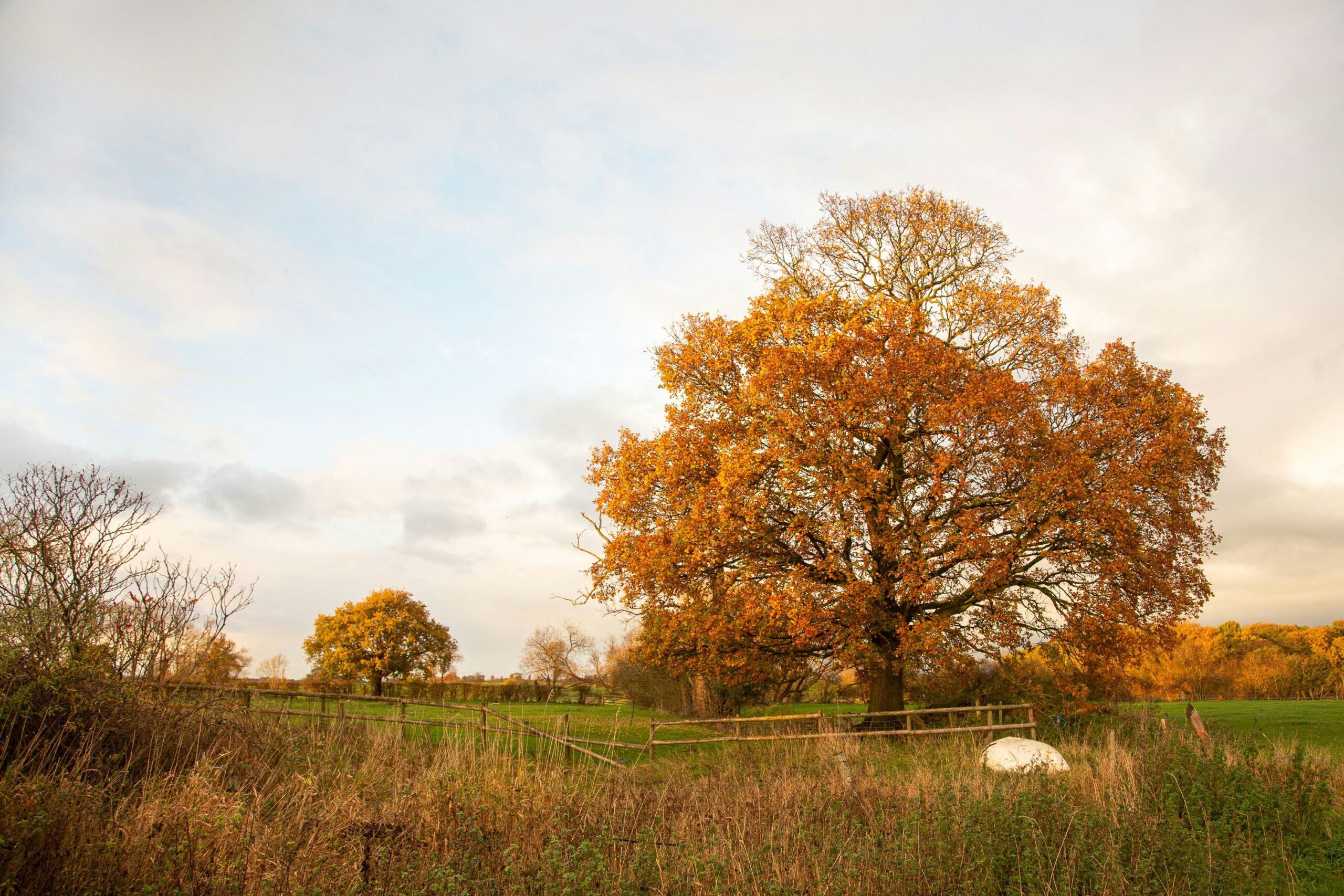Lysa TerKeurst
Lysa TerKeurst is president and chief visionary officer of Proverbs 31 Ministries and the author of seven New York Times bestsellers, including Good Boundaries and Goodbyes, Forgiving What You Can't Forget, and It's Not Supposed to Be This Way. Her latest book is I Want To Trust You, But I Don’t (October 2024, Thomas Nelson). She enjoys life with her husband Chaz and her kids and grandkids. Connect with her at www.LysaTerKeurst.com or on social media @LysaTerKeurst.
Setting Boundaries as a Christian
Lysa TerKeurst
|6 MinsSetting Boundaries as a Christian
Boundaries are meant for protection, and not harm. Read about how we can set healthy, God-honoring boundaries as followers of Christ.
Lysa TerKeurst
|6 MinsIf You’re Walking a Road That’s Still Really Hard
Lysa TerKeurst
|4 MinsIf You’re Walking a Road That’s Still Really Hard
Lysa TerKeurst
|4 MinsJust When It Looks Like Evil Is Winning
Lysa TerKeurst
|4 Mins
Just When It Looks Like Evil Is Winning
Lysa TerKeurst
|4 MinsHow Can I Trust God When I Don’t Understand His Ways?
Lysa TerKeurst
|4 Mins
How Can I Trust God When I Don’t Understand His Ways?
Lysa TerKeurst
|4 Mins

